Civil rights campaigner Dr Paul Stephenson dies age 87
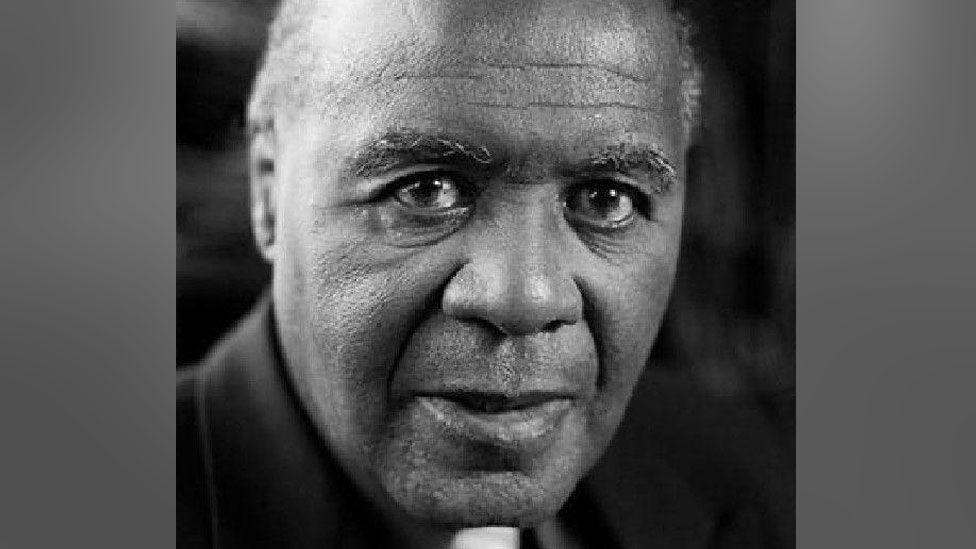
Dr Paul Stephenson led the Bristol Bus Boycott in 1963
- Published
A civil rights campaigner who led the Bristol Bus Boycott in 1963 has died at the age of 87, his family say.
Dr Paul Stephenson OBE organised the boycott which overturned a ban on people from ethnic minorities working on buses in the city and was instrumental in paving the way for the first Race Relations Act in 1965.
In a statement, his family said he passed away on Saturday evening after a "courageous battle" with Parkinson's disease and dementia.
They described him as "a passionate advocate for equality, tirelessly working to dismantle the barriers of discrimination".
“It is with a heavy heart that Stephenson family share the passing of our beloved father, Dr Paul Stephenson, a true pioneer in the civil rights movement," his family said.
"He left this world on the evening of 2 November 2024, after a courageous battle with Parkinson's disease and dementia, which he faced with the same unwavering determination that defined his life.
"We have been immensely fortunate to witness first-hand the profound impact Dr Paul Stephenson had on our community and our nation."
'His spirit will live on'
Dr Stephenson, the son of an African father and mixed race British mother, arrived in Bristol in 1962.
He organised a boycott of the Bristol Omnibus Company, after which its policy of discrimination was ended.
He was made an OBE in 2009 for his services to equal opportunities and to community relations and had a train named after him in 2020.
Dr Stephenson is survived by his daughter, Fumi, and his son, Paul Jr.
In a written personal message, they said that his spirit and impact "will continue to live on".
"Despite the demands of his work, Dad's love and support for our family never wavered," his children said.
"He encouraged our independence and growth, always striving to ensure that we could forge our paths.
"Dad's unwavering commitment to improving the lives and experiences of people in our community was truly infectious.
"His tireless work and activism touched the lives of so many, both locally and on a broader national and global scale."
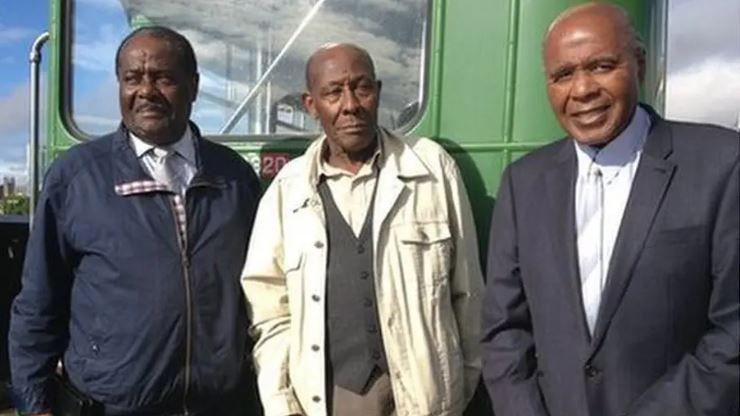
Guy Reid-Bailey, OBE, Roy Hackett, OBE, and Dr Paul Stephenson OBE led the Bristol bus boycott in the 1960s
Dr Stephenson's journey began as the first black social worker employed by the city of Bristol.
In this role, he spearheaded the historic bus boycott, rallying thousands of Bristolians to stand together against the Bristol Omnibus Company's refusal to hire Black and Asian drivers.
This victory paved the way for the nation's first Race Relations Act.
He was arrested at the Bay horse pub in Bristol, which made national news. It happened after he refused to leave when the bartender would not serve him. Dr Stephenson won a court case against the pub and Daily Express for defamation.
'Incredibly sad'
Over the years, Dr Stephenson's unwavering commitment to equality and social justice earned him numerous accolades, including honorary degrees and doctorates, The Freedom of the City of Bristol and a Pride of Britain award for lifetime achievement from Sir Lenny Henry in 2017.
Dr Stephenson collaborated with high profile politicians in the UK and abroad and spoke at engagements at global United Nations conferences for policy development in race relations.
Former mayor of Bristol, Marvin Rees, said the news of Dr Stephenson's death was "incredibly sad".
“Paul lived an incredible life. Not just for his friends and his family, but made a contribution to Bristol, the country and the world," said Mr Rees.
“Most famously, Paul will be known for the leadership of the Bristol Bus Boycott.
"Less well known, but incredibly significant, is that that turned into legislation to protect people from racial discrimination.
“His impact was not just around the buses, it was about what it led to in terms of creating a legal framework to protect black and brown people – and other people – from being discriminated against in everyday life.”
Get in touch
Tell us which stories we should cover in Bristol
Follow BBC Bristol on Facebook, external, X, external and Instagram, external. Send your story ideas to us on email or via WhatsApp on 0800 313 4630.
Related topics
- Published30 October 2020
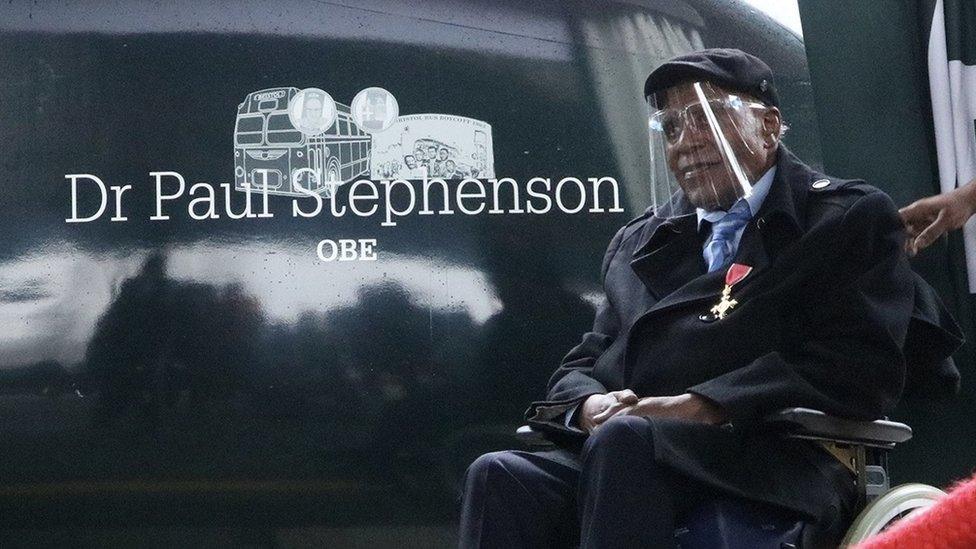
- Published17 November 2022
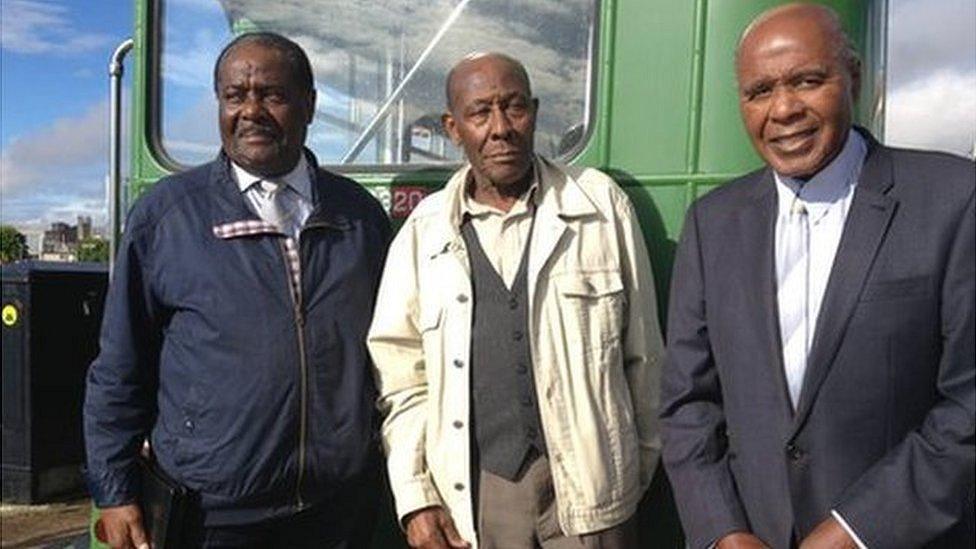
- Published28 August 2023
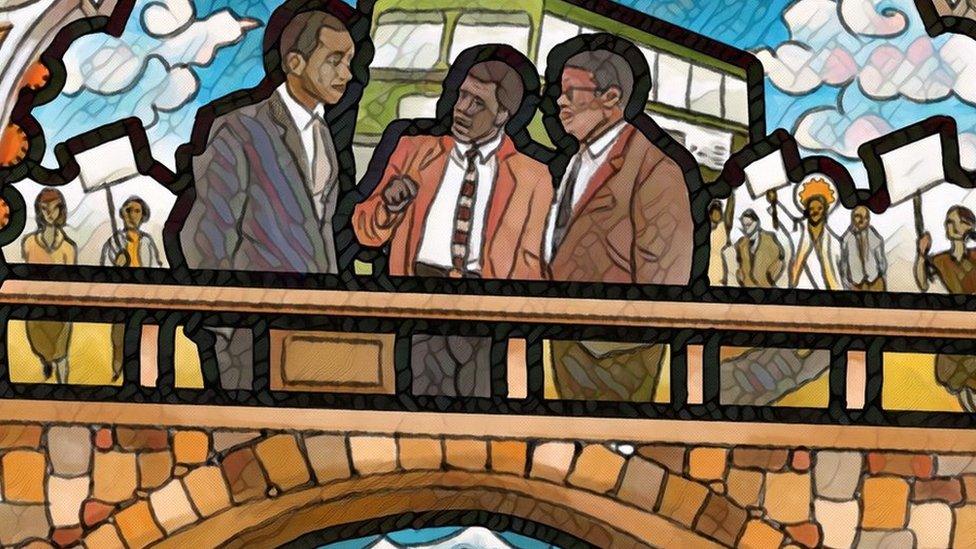
- Published18 July 2014